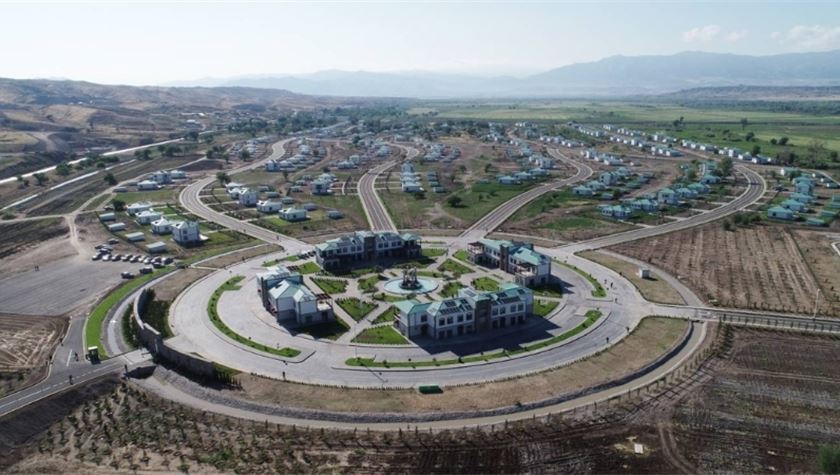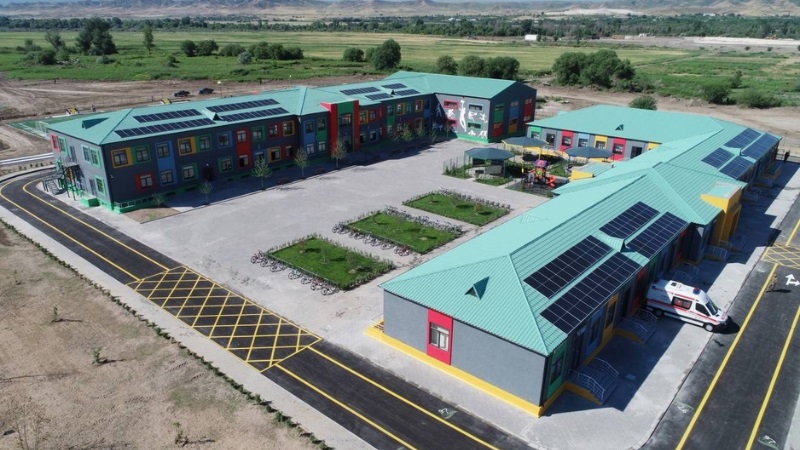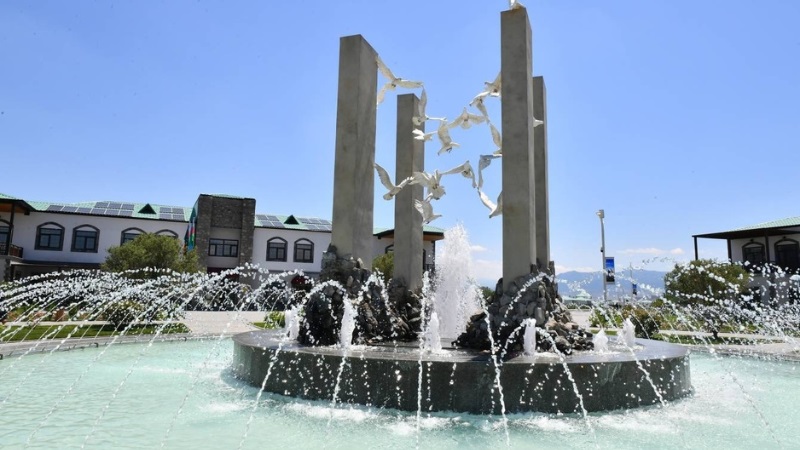The state-of-the-art Smart Village that offers a model for the EU
Azerbaijan’s Aghali Smart Village Project is an example of how smart villages across Europe can play a key role in helping to reach the sustainable development goals.
On 28 April 2022, the European Commission announced the 100 EU cities that will participate in the EU Mission for 100 climate-neutral and smart cities by 2030, the so-called Cities Mission. Brussels was selected to take part in the 100 Cities Mission together with 12 additional cities coming from countries associated or with the potential of being associated to Horizon Europe, the EU's research and innovation programme (Albania, Bosnia and Herzegovina, Iceland, Israel, Montenegro, Norway, Turkey and the United Kingdom).
A similar EU Mission could be envisaged for smart villages in the EU and its neighbourhood, as rural areas face real and complex development challenges, which need to be tackled by a smart approach that is not solely linked to the agricultural sector. It is high time to develop ‘smart villages’ to build on the successful “smart cities” trend and to meet the EU Green Deal targets, such as 100% access to fast broadband internet in rural areas by 2025.
The European Parliament has made a significant contribution to the smart village concept, taking part in a pilot project on smart eco-villages and supporting the European Commission’s 2017 action plan for smarter villages. The European Committee of the Regions and the European Economic and Social Committee have meanwhile both indicated their support for the concept through events, opinions, and communications.
In the EU’s neighbourhood, the take-up of the concept is already high, it could prove to be beneficial for restoration and reconstruction efforts. A prominent example is the smart village project in Aghali, Azerbaijan’s Zangilan district, which welcomed its first inhabitants in May 2022.
Aghali village was transformed from ruins and mined areas by newly built constructions, a smart management centre, agricultural services offices, a sewing factory, a family health centre, a kindergarten, and a secondary school. Every building is equipped with fibre insulation, electrode water heater, solar panels, and other green technologies, transforming the village into a modern urban settlement.
“Thanks to the project, Aghali is set to become an international transport and logistical hub with a highly developed agricultural and tourism infrastructure”
Aghali Smart Village Project features five main pillars: smart infrastructure, smart governance, smart energy, smart education, and health services; and smart agriculture, employment, and business sectors. The project aims at integrating water, energy, and road infrastructure to a smart cloud platform; providing access to high-speed broadband connection and fibre optic Internet; redesigning waste management; increasing digital literacy, including via online medical consultancy and ATM pharmacies; and building smart public farms while creating a smart community that will be user-centric, data-driven, and digitally enabled.
Aghali Smart Village Project already satisfies a number of SDGs, including but not limited to “clean and affordable energy”, “good health and wellbeing”, “no poverty”, “responsible consumption and production”, “decent work and economic growth” and “climate action”. The project has also proven to be successful in terms of its economic efficiency. Early assessments and cost-efficiency analyses demonstrated that smart solutions implied in the “smart village” are justified and have a considerable energy-saving effect against local traditional solutions. Thanks to the project, Aghali is set to become an international transport and logistical hub with a highly developed agricultural and tourism infrastructure.
Given the public demand to settle in Aghali, the Azerbaijani government decided to expand the village and to apply this exemplary model to other smart village projects in Karabakh region in line with its goal of transforming liberated territories into “net-zero-emission” zone. Several foreign companies and international institutions expressed interest to be engaged in the implementation of Aghali smart village and other similar projects in Azerbaijan.
Providing urban comfort in a remote village through the application of state-of-the-art digital solutions should be put at the centre stage for a more sustainable future for next generations in line with the UN Sustainable Development Goals (SDGs), aiming to leave no one behind.
Smart villages may play a crucial role in accelerating the flow of innovative, technology-based investments to remote areas as well as the creation of innovation centres, clusters, and technology parks, both in the EU and its neighbourhood.

.png)


